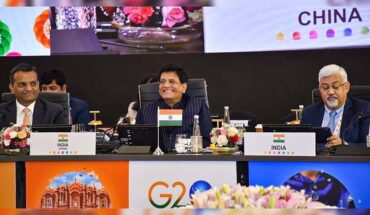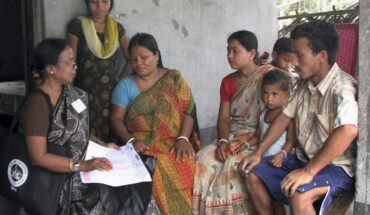Since June, the export of about 500 tonnes of rice from India has triggered an uproar in several European countries on the grounds that it was genetically modified (GM) rice. This emerged during a check by the European Commission’s Rapid Alert System for Food and Feed that was testing rice flour by the French company Westhove. In June, France had issued a notification for unauthorised GM rice flour, identifying India as the point of origin, and alerting Austria, Belgium, the Czech Republic, Germany, Italy, the Netherlands, Poland, Spain, the U.K. and the U.S. as the possible destination of products made with the flour. So in August, the American food products company Mars, fearing GM contamination, announced that it was recalling four of its product lines of ‘Crispy M&M’. GM-free rice that is tagged as ‘organic rice’ is among India’s high-value exports worth ₹63,000 crore annually. India does not permit the commercial cultivation of GM rice, but research groups are testing varieties of such rice in trial plots. So the suspicion is that rice from some of these test-plots may have “leaked” into the exported product. The Indian government has denied this possibility. However, India has indicated that it will commission an investigation involving its scientific bodies. India’s history of crop modification using GM is one of test-plants finding their way to commercial cultivars before they were formally cleared. As many Indian farmers are dependent on European imports, the Centre must rush to assuage importers that India’s produce is compliant with trade demands. The fractious history of GM crops in India means that passions often rule over reason on questions of the safety of GM crops, and so India must also move to ensure that research into all approaches — GM or non GM — should not become a casualty in this matter of export-quality compliance.





